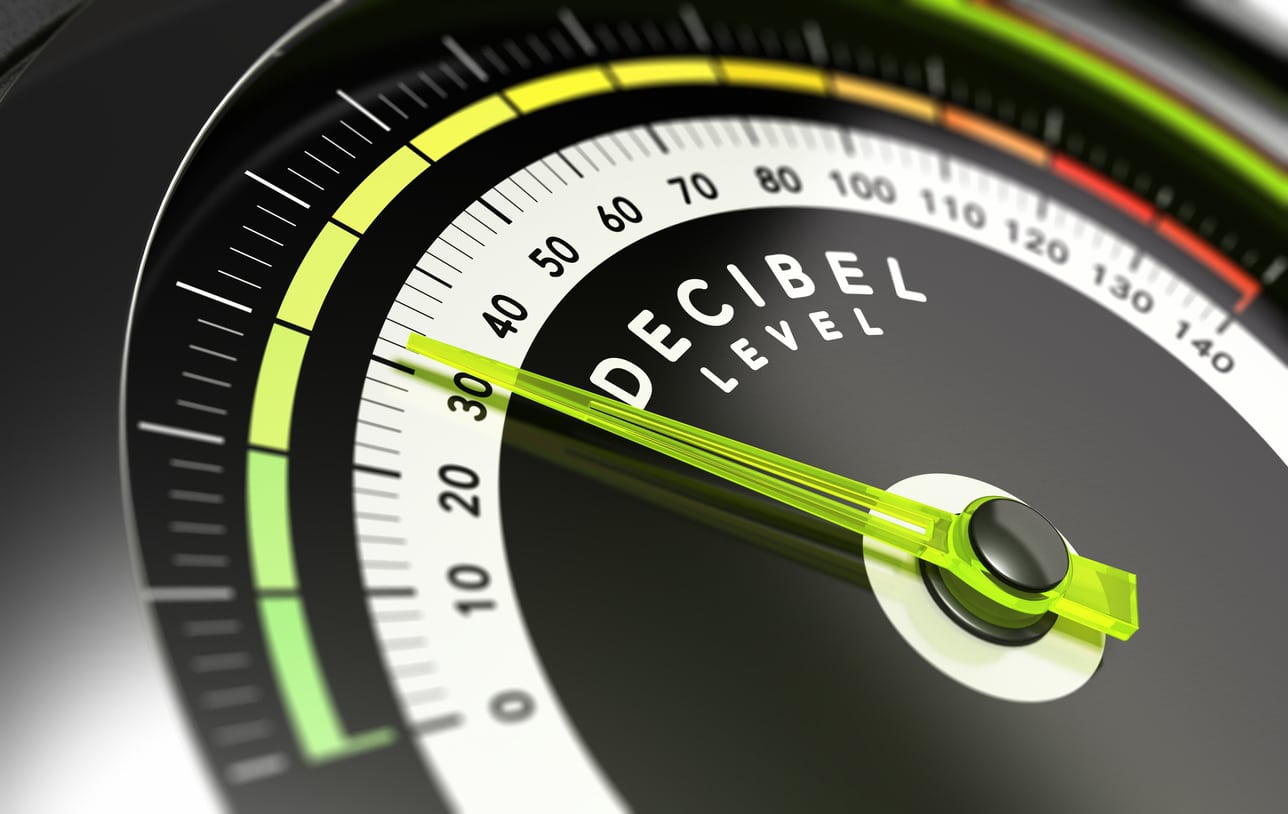Noise exposure is one of the most common causes of hearing loss, affecting approximately 5% of the global population. Prolonged exposure to noise at or above 85 decibels (dB) or short exposure to noise at or above 120 dB can result in hearing loss.
While it’s helpful to know that exposure to 85 dB can lead to hearing loss, it doesn’t mean much if you don’t know how loud that is. Let’s take a look at how loud some everyday sounds are to give you a better idea of your loud noise exposure.
1. Hairdryer

A hairdryer typically registers between 60-95 dB. If you wash your hair daily, keep your dryer at least a foot away from your ears when blow drying. Newer hair dryers tend to be quieter, so consider upgrading if your hair dryer is old.
2. Blender
A blender registers between 80-90 dB. Blenders are unlikely to cause hearing damage because you don’t tend to stand too close to them. However, draping a towel or plastic cover over your blender while it runs can dampen the noise and provide a more pleasant experience.
3. Squeaky Toy
A squeaky dog toy can be as loud as 110 dB when held close to the ear. If your dog’s favorite toy squeaks, hold it at about waist height when you squeeze it.
4. Air Conditioning
An air conditioning unit can range from about 60-75 dB. Newer or smaller units will likely be quieter, while older or larger units will be louder. While an air conditioner is unlikely to cause hearing damage, combining it with fans, music or TV noise can create an uncomfortably or dangerously loud environment.
5. Leaf Blower
A leaf blower registers at 110 dB. Because 110 dB can damage your hearing quickly, you should always wear earmuffs when running your leaf blower. This also extends to lawnmowers and weed whackers.
6. Electric Drill
An electric drill can hit 95 dB. If you’re putting together furniture or hanging a picture frame, consider wearing earplugs or earmuffs to protect your hearing.
7. Concert
Concerts can be as loud as 120 dB, though the exact measurement will vary based on the type and size of the concert and your distance from the stage. For example, sitting away from the speakers at a small 191 Toole concert might be quieter than sitting next to the percussion section at the Tucson Music Hall.
Schedule a Hearing Appointment
If you don’t see your everyday activities listed here, download a decibel detector on your smartphone to measure the sounds you frequently encounter. For more information on protecting your hearing, contact Arizona Hearing Specialists to schedule an exam with one of our specialists.